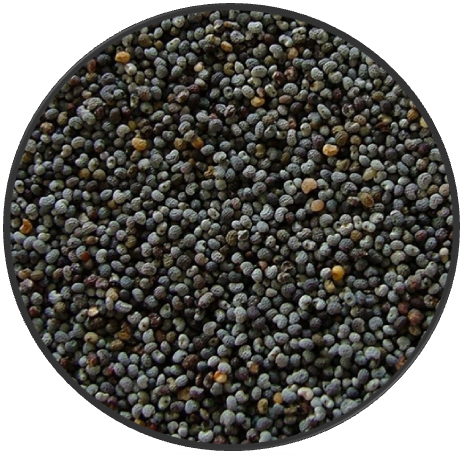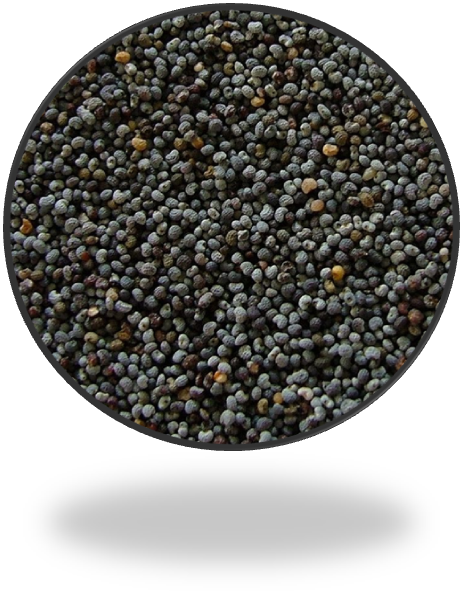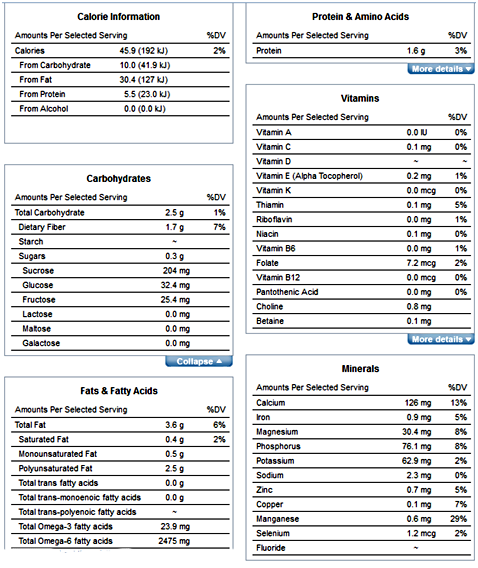
Poppy Seed
(Papaver somniferum)

Poppy seed is a biennial herb of East Mediterranean and Asia Minor origin belonging to the Papaveraceae family, in the genus: Papaver. Scientific name: Papaver somniferum, Poppy Seed is highly nutritious and less allergenic than many other seeds and nuts and are a potential source of anti-cancer drugs. It is a beneficial seed when mixed into breed/molt mixes for finches & canaries.
Health benefits of poppy seeds:
-
Poppy seeds contain many plant derived chemical compounds that found to have anti-oxidant, disease preventing and health promoting properties.
-
The seeds are especially rich in oleic and linoleic acids. Oleic acid, a mono-unsaturated fatty acid, helps lower LDL or "bad cholesterol" and increase HDL or "good cholesterol" levels in the blood.
-
Poppy seeds outer husk is a good source of dietary fiber.
-
The seeds are excellent source B-complex vitamins such as thiamin, pantothenic acid, pyridoxine, riboflavin, niacin, and folic acid. Many of these vitamins functions as co-factors in substrate metabolism especially fat and carbohydrates.
-
Poppy seeds contain good levels of minerals like iron, copper, calcium, potassium, manganese, zinc and magnesium. Copper is utilized in the production of red blood cells. Zinc is a co-factor in many enzymes that regulate growth and development, sperm generation, digestion and nucleic acid synthesis. Potassium is an important component of cell and body fluids that helps controlling heart rate and blood pressure. Manganese is used by the body as a co-factor for the powerful anti-oxidant enzyme, superoxide dismutase.
Nutrition Components of Poppy Seed:

Packaging:





